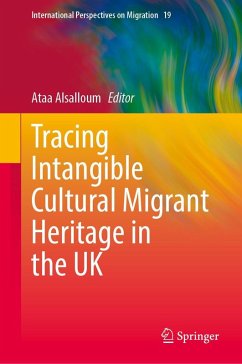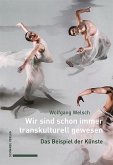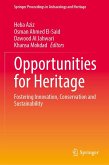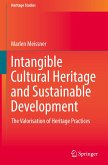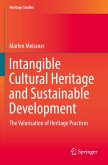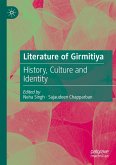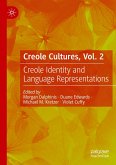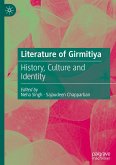This book explores the role of intangible cultural heritage (ICH) among migrant communities in the UK. It examines how diverse cultural practices, from life celebrations to death commemorations, have travelled with communities, evolved in new settings, and taken root in the UK. Through case studies from different community groups, spanning oral traditions, performing arts, social customs, and craftsmanship, this book illustrates how ICH becomes a vital part of everyday life, identity, and belonging within the UK s multicultural mosaic.
In a landscape often dominated by narratives of immigration pressures and societal division, this book shifts the focus and reclaims the narrative, illuminating the cultural knowledge, creativity, and practices that migrants bring. It highlights the significant yet frequently undervalued contributions of migrant ICH to the UK s evolving socio-cultural fabric. This timely work emerges amidst crucial debates surrounding UK heritage policy,including the recent ratification of UNESCO s 2003 Convention for the Safeguarding of the Intangible Cultural Heritage and the growing movement to establish national ICH inventories, offering a critical and much-needed perspective.
This powerful, interdisciplinary collection brings together the voices of scholars, artists, and heritage professionals, many of whom are migrants themselves. Through a combination of personal experience and academic insight, contributors explore how ICH is safeguarded, lived, and transformed in the UK. From South Asian Bhangra to Syrian herbal remedies, Polish parenting traditions to Irish storytelling, this book captures a wide spectrum of cultural expressions that span continents and communities. It brings visibility to both formally recognised forms of ICH and the everyday rituals that rarely make headlines but profoundly shape identity and belonging.
By foregrounding these voices and experiences, this book aims to inspire the development of inclusive ICH inventories and to champion the recognition of migrant heritage not as peripheral, but as central to the UK s shared cultural landscape.
Whether you are a researcher, policymaker, community organiser, or simply someone curious about the human stories behind migration, this book invites you to view cultural heritage not as something fixed, but as something living, shared, and sustained across generations and borders.
In a landscape often dominated by narratives of immigration pressures and societal division, this book shifts the focus and reclaims the narrative, illuminating the cultural knowledge, creativity, and practices that migrants bring. It highlights the significant yet frequently undervalued contributions of migrant ICH to the UK s evolving socio-cultural fabric. This timely work emerges amidst crucial debates surrounding UK heritage policy,including the recent ratification of UNESCO s 2003 Convention for the Safeguarding of the Intangible Cultural Heritage and the growing movement to establish national ICH inventories, offering a critical and much-needed perspective.
This powerful, interdisciplinary collection brings together the voices of scholars, artists, and heritage professionals, many of whom are migrants themselves. Through a combination of personal experience and academic insight, contributors explore how ICH is safeguarded, lived, and transformed in the UK. From South Asian Bhangra to Syrian herbal remedies, Polish parenting traditions to Irish storytelling, this book captures a wide spectrum of cultural expressions that span continents and communities. It brings visibility to both formally recognised forms of ICH and the everyday rituals that rarely make headlines but profoundly shape identity and belonging.
By foregrounding these voices and experiences, this book aims to inspire the development of inclusive ICH inventories and to champion the recognition of migrant heritage not as peripheral, but as central to the UK s shared cultural landscape.
Whether you are a researcher, policymaker, community organiser, or simply someone curious about the human stories behind migration, this book invites you to view cultural heritage not as something fixed, but as something living, shared, and sustained across generations and borders.

